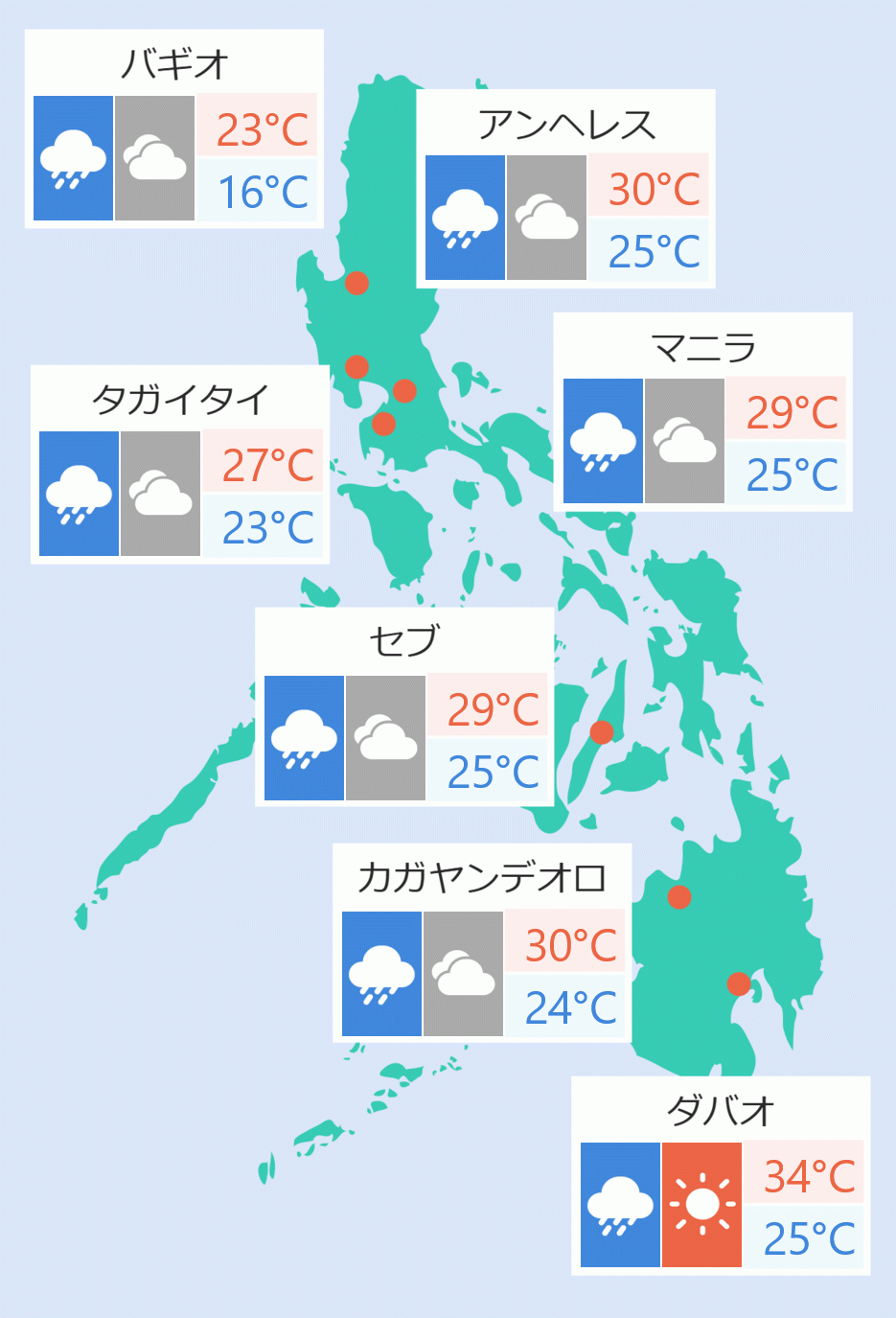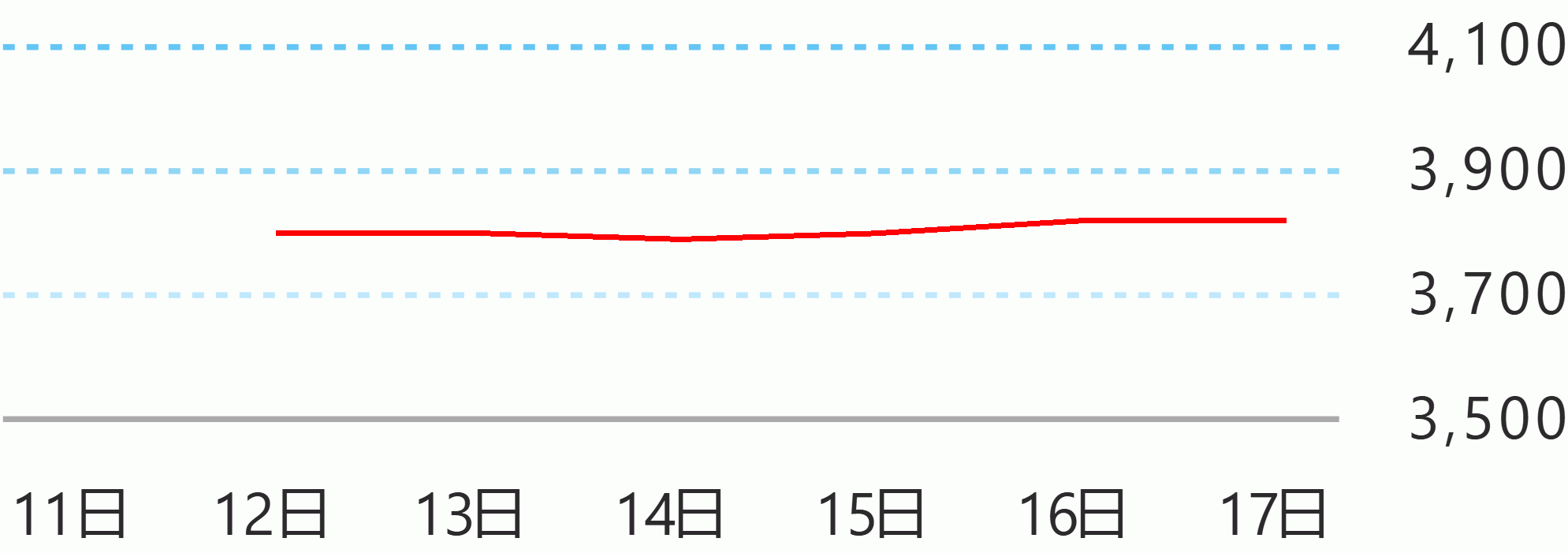China appealed to the Philippines to ban the Philippine Offshore Gaming Operators (POGO) following a recent law enforcement operation that resulted in the arrest of a large number of suspects including Chinese.
In a statement issued on Friday, the Chinese Embassy stressed that "the vast majority of?the Chinese citizens involved in these?cases are victims of the Philippine offshore gambling industry."
"The Chinese government is committed to protecting?the legitimate rights and interests of Chinese citizens.?We?appeal to?the Philippines to ban POGO?at an early date so as to root?out?this social ill. And we firmly oppose any baseless?accusation and smearing against China in connection with POGO," it stated.
The Global Times, China's national English newspaper, said the two countries have conducted multiple joint operations to combat illegal gaming, with nearly 3,000 Chinese nationals involved having been repatriated since 2018.
The Embassy noted that the "Chinese law prohibits?all forms of gambling" and that "POGO is detrimental to both Philippine and Chinese interests and images as well as China-Philippines relations."
"The Chinese government strictly cracks down on Chinese citizens engaging in gambling business abroad including POGO.?Ample evidence shows that POGO breeds serious crimes such as kidnapping for ransom, human trafficking and murder," he said.
The Embassy said China has assisted the Philippines in shutting down five POGO hubs and repatriated nearly 1000 Chinese citizens."
In a radio interview, Presidential Anti-Organized Crime Commission (PAOCC) Undersecretary Gilbert Cruz said so far there are around 18 sets of battle dress attire that were recovered during the recent raids in POGO hubs.
"From what I know we have recovered 18 sets. We are still checking these as to its authenticity," he said.
Cruz said they are also planning to seek the assistance of the law enforcement agency of their foreign counterpart to confirm the authenticity of the recovered military uniforms.
"It is part of our evidence, then we will submit it to the court, and then after that, its pictures will be sent to the law enforcement agency of our counterparts in other countries for confirmation," he said. Robina Asido/DMS





 English
English










